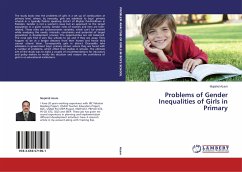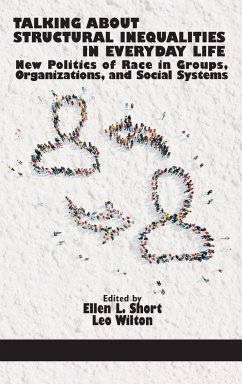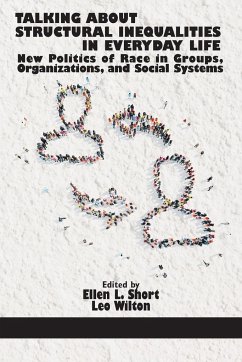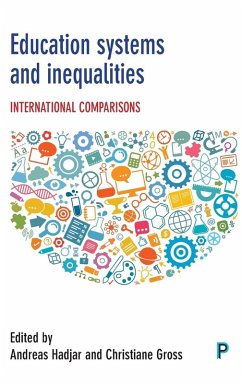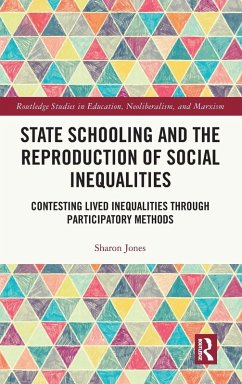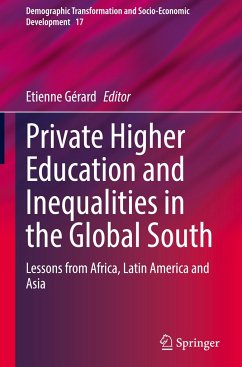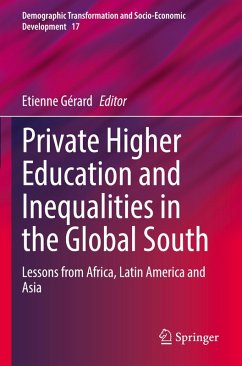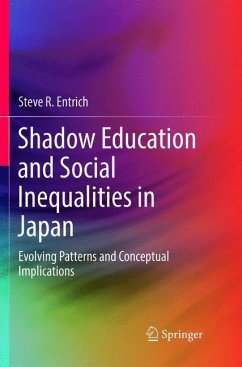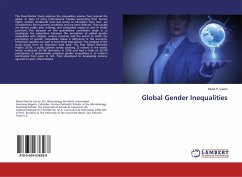
Global Gender Inequalities
Versandkostenfrei!
Versandfertig in 6-10 Tagen
27,99 €
inkl. MwSt.

PAYBACK Punkte
14 °P sammeln!
This Quantitative Study explores the inequalities women face around the globe. In spite of many international treaties supporting their human rights, women worldwide have less access to education than men, are considered to live in poverty conditions and are more illiterate. They usually are denied credit, jobs, training, and compatible wages to men in similar positions. The purpose of this quantitative correlation study is to investigate the association between the perception of global gender inequalities with religion, various countries and the extent to which the perception of gender inequa...
This Quantitative Study explores the inequalities women face around the globe. In spite of many international treaties supporting their human rights, women worldwide have less access to education than men, are considered to live in poverty conditions and are more illiterate. They usually are denied credit, jobs, training, and compatible wages to men in similar positions. The purpose of this quantitative correlation study is to investigate the association between the perception of global gender inequalities with religion, various countries and the extent to which the perception of gender inequalities makes a difference in the economy. Inferential statistics are used to tests these associations. The analyses of the study draws from an important data base: The Pew Global Attitudes Project (2010), a public opinion survey covering 22 nations in the world, which conducted 24,790 interviews in 2010 and had a total of 24,755 participants. It systematically compares gender inequalities in22 nation's world-wide from poor to rich, from developed to developing nations, agrarian to post- industrialized.



